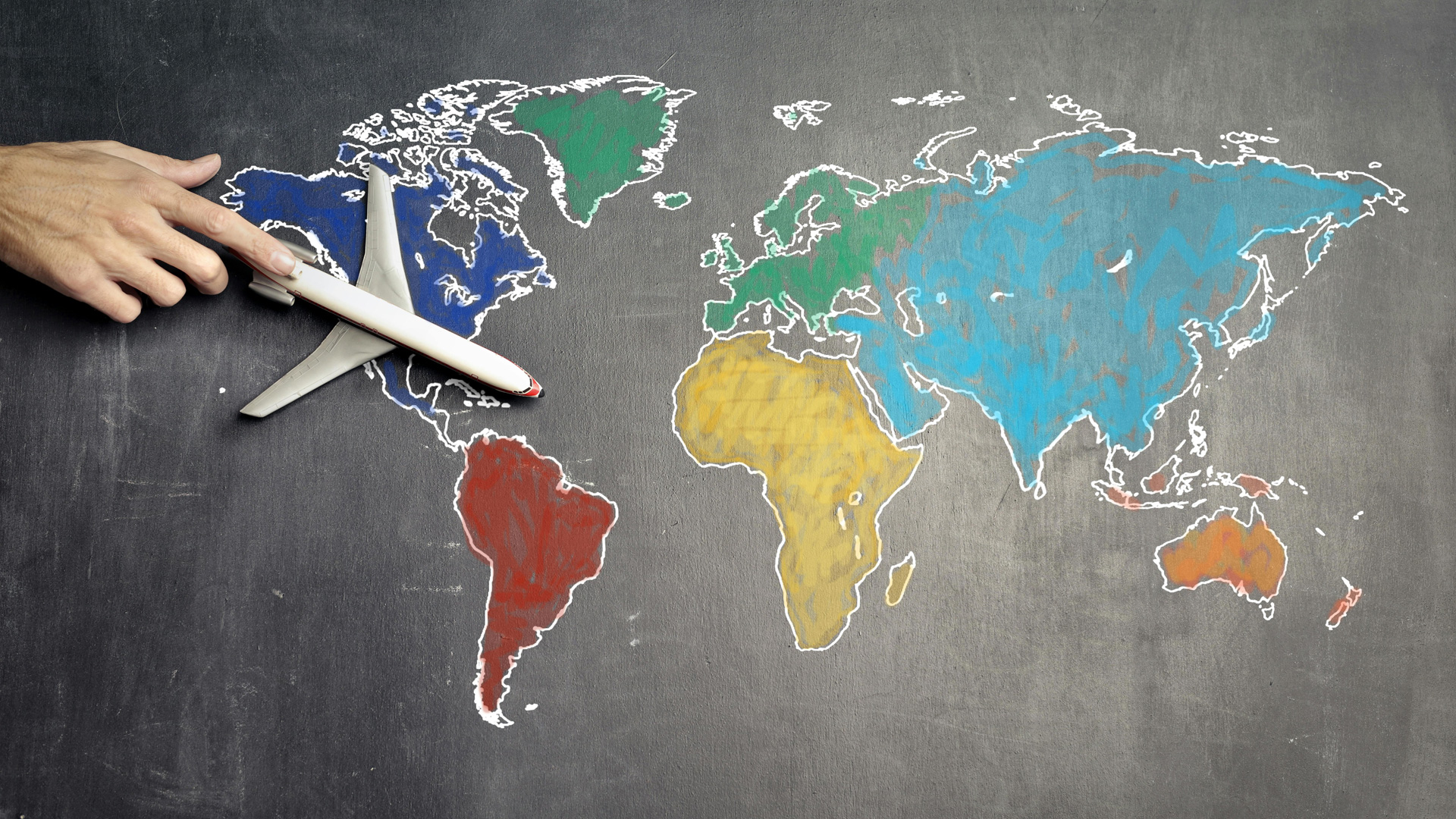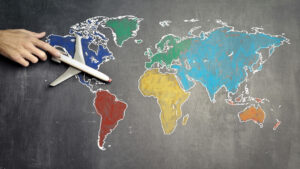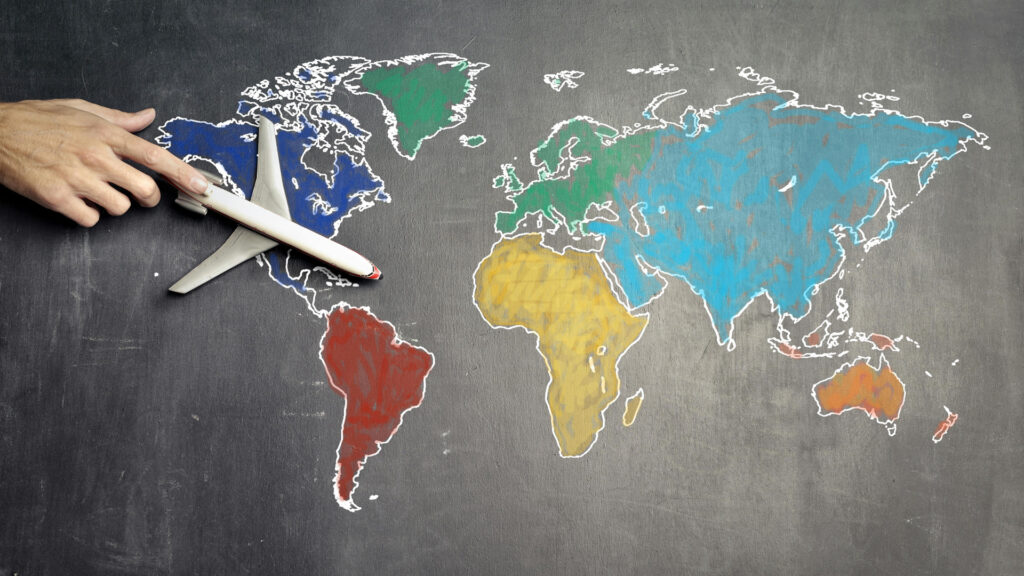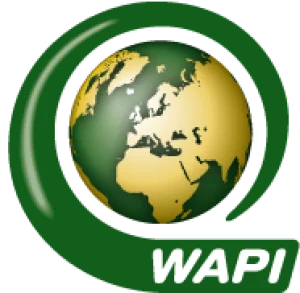In today’s globalized world, legal disputes often transcend national boundaries, presenting unique challenges for those seeking justice. Whether it’s a contractual disagreement, intellectual property infringement, or personal injury claim, initiating legal action against someone residing in another country requires a strategic approach and a comprehensive understanding of international law. In 2024, amidst the complexities of globalization and digitalization, the process of suing someone abroad has evolved, presenting both opportunities and obstacles for individuals navigating the legal landscape.
Understanding the Jurisdictional Landscape
A fundamental challenge in suing someone abroad lies in determining the appropriate jurisdiction for the legal action. Jurisdiction, the authority of a court to hear and decide a case, is typically based on factors such as the location of the parties involved and the subject matter of the dispute. In cases involving international parties, jurisdictional issues can be particularly complex, requiring careful analysis of international treaties, conventions, and domestic laws.
The concept of jurisdiction has evolved alongside technological advancements and global commerce. The rise of e-commerce and digital communication has blurred traditional boundaries, leading to disputes that span multiple jurisdictions. As a result, courts worldwide have grappled with jurisdictional questions involving online transactions, social media interactions, and other digital activities. Navigating these complexities in 2024 demands a sophisticated understanding of both traditional legal principles and emerging trends in technology and commerce.
Exploring International Legal Mechanisms
Individuals seeking to sue someone abroad may have recourse to various international legal mechanisms designed to facilitate cross-border dispute resolution. The Hague Service Convention, for example, governs the service of judicial and extrajudicial documents between member states, streamlining the process of international service of process. Similarly, the Hague Convention on the Recognition and Enforcement of Foreign Judgments provides a framework for recognizing and enforcing court judgments across borders. These international legal mechanisms play a crucial role in ensuring access to justice regardless of the geographic location of the parties involved.
The Role of International Process Servers
In international litigation, process servers play a critical role in facilitating the delivery of legal documents across borders. These professionals are trained to navigate the complexities of cross-border service of process, ensuring that legal proceedings are conducted in accordance with due process. International process servers possess specialized knowledge of international legal frameworks, cultural norms, and logistical challenges associated with serving legal documents abroad. By leveraging their expertise and resources, they help ensure that parties to legal proceedings are afforded their rights under the law.
Legal professionals look for qualities of a great process server to ensure their documents get served reliably and efficiently.
Leveraging Technology and Digital Platforms
Advances in technology have revolutionized the practice of law, providing new tools and platforms for resolving disputes across borders. Online dispute resolution platforms offer a convenient and cost-effective means of resolving disputes without traditional court proceedings. These platforms empower individuals to communicate, negotiate, and settle disputes efficiently and effectively, regardless of geographic location. Furthermore, communication technology enables collaboration with legal professionals worldwide, facilitating real-time communication and collaboration regardless of time zones or physical distance.
Navigating Cultural and Legal Differences
Suing someone abroad often involves navigating cultural and legal differences that can impact the outcome of a legal proceeding. Language barriers, cultural norms, and differences in legal systems can pose challenges for individuals seeking to enforce their rights in a foreign jurisdiction. Engaging local legal counsel with expertise in the relevant jurisdiction can be instrumental in navigating these challenges and ensuring that the interests of the client are effectively represented. By leveraging the knowledge and experience of local attorneys, individuals can mitigate the risks associated with cross-border litigation and increase their chances of achieving a favorable outcome.
The Role of Skip Tracing and Document Translation
In addition to the complexities of cross-border litigation, locating individuals and translating legal documents can present significant hurdles. Skip tracing, the process of locating individuals who are difficult to find, is crucial in international legal proceedings. Skip tracing professionals employ various techniques, including database searches and social media monitoring, to locate individuals across borders. Similarly, document translation services are essential for accurately translating legal documents into the appropriate language for the jurisdiction where the legal action is taking place. By leveraging skip tracing and document translation services, individuals can overcome logistical barriers and ensure that legal proceedings proceed smoothly and effectively.
Conclusion
In 2024, suing someone abroad presents a myriad of challenges and opportunities for individuals seeking justice in an interconnected world. From navigating jurisdictional complexities to leveraging international legal mechanisms and technological solutions, the process requires a strategic and multidisciplinary approach. By understanding the evolving landscape of international law and leveraging the expertise of international process servers and local legal counsel, individuals can effectively navigate the complexities of cross-border litigation and pursue justice on a global scale.













